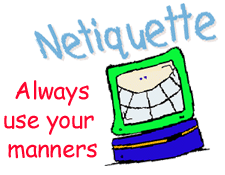E-commerce (or electronic commerce) is used to describe business that is conducted over the Internet using any of the applications that rely on the Internet, such as e-mail, instant messaging, shopping carts, Web services, FTP, and EDI (electronic data interchange), among others. Electronic commerce can be between two businesses transmitting funds, goods, services and/or data or between a business and a customer.
E-Commerce includes:
E-commerce can be divided into:
E-tailing or "virtual storefronts" on Web sites with online catalogs, sometimes gathered into a "virtual mall“
The gathering and use of demographic data through Web contacts
EDI, the business-to-business exchange of data
E-mail and fax and their use as media for reaching prospects and established customers (for example, with newsletters)
Business-to-business buying and selling
The security of business transactions
Types of E-Commerce
Advantages of E-Commerce
Disadvantages of E-Commerce
Advantages of E-Commerce |
Overcome Geographical Limitations |
Gain New Customers With Search Engine Visibility |
Lower Costs |
Locate the Product Quicker |
Eliminate Travel Time and Cost |
Provide Comparison Shopping |
Enable Deals, Bargains, Coupons, and Group Buying |
Provide Abundant Information |
Disadvantages of E-Commerce
Disadvantages of E-Commerce |
Ecommerce Lacks That Personal Touch |
Ecommerce Delays Goods |
Anyone Can Set Up an Ecommerce Website |
Security |
Many Goods Cannot Be Purchased Online |
Ecommerce Does Not Allow You to Experience the Product Before Purchase |
Have you ever experienced using E-Commerce?
If Yes, how it works?
If No, what is your opinion about E-Commerce nowadays?


























